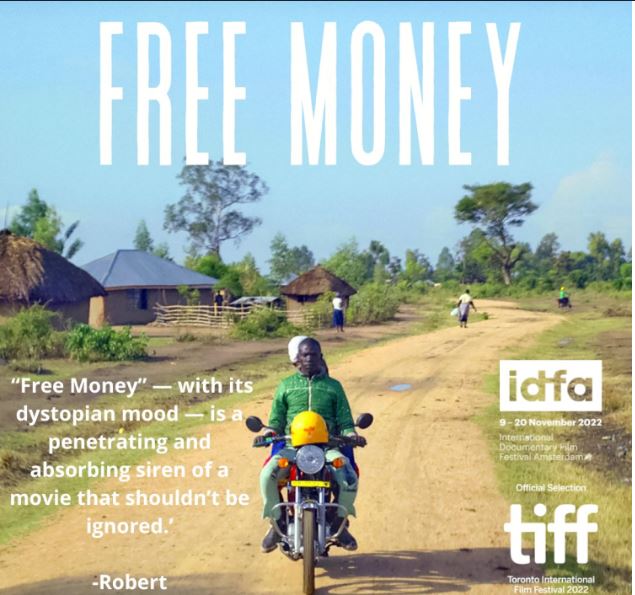Physical Address
60 Ekwema Cres, Layout 460281, Imo
Physical Address
60 Ekwema Cres, Layout 460281, Imo

Netflix’s Free Money documentary is now famous in Kenya, not only for its success but the shadow it cast on the country.
Netflix is now entangled in a legal suit where the producers of a documentary aired by the US streaming giant are accused of commercially exploiting poor Kenyans whose lifestyle is captured in the film.
Free Money documentary, free money documentary on Netflix, Filmmakers in Kenya
See also: With 39% Share, Showmax Becomes Africa’s Biggest Streaming Platform Ahead of Netflix
According to Business Report, “Four Kenyans have filed a lawsuit against the producers, alleging their poverty was commercially exploited without their informed consent.”
The Kenyans claim they were unaware that their struggles would be featured in the documentary, and they are seeking compensation for the alleged violation of their privacy and dignity.

Their photos and videos were taken while receiving $22 cash donations from GiveDirectly, a US-based non-profit, as part of a 12-year financial support program that began in 2018.
The petitioners, John Omondi, Jael Songa, Immaculate Adhiambo, and Milka Okech, claim they were not given the details of the production and content of the two-hour documentary filmed over five years. They’re suing GiveDirectly, Insignia Films Inc, and Goodhue Pictures Inc.
Also Read: African Filmmakers Get New Fund worth $40 Million
The lawsuit raises questions about the ethical implications of documentary filmmaking, particularly when it involves vulnerable communities.
The “Free Money documentary” is currently a big hit in Kenya and is ranked the 8th most-watched movie in the country.
They said, “The petitioner and the Kogutu clan members learned about the production of a documentary about their lives after it was released on Netflix. All the time their pictures, videos, and voices were recorded, they were never informed that it was for the purpose and intention of coming up with a documentary for commercialization.”
The outcome of this lawsuit could have far-reaching implications for the film industry in Kenya and beyond. It could set a precedent for how filmmakers engage with their subjects, particularly when addressing sensitive issues like poverty and social inequality.
It could also prompt a broader discussion about the responsibility of filmmakers and streaming platforms to ensure the ethical treatment of the people whose lives they portray.
The lawsuit could set a precedent for how filmmakers in Kenya seek consent and portray individuals, continuing an ongoing debate on exploitation in documentary filmmaking especially in vulnerable communities.
Interact with us via our social media platforms:
Facebook: Silicon Africa.
Instagram: Siliconafricatech.
Twitter: @siliconafritech.